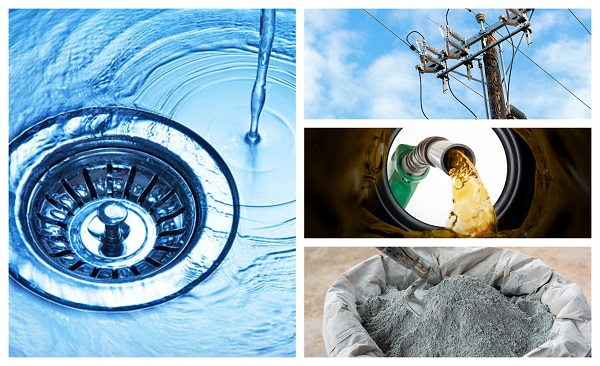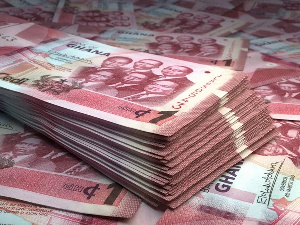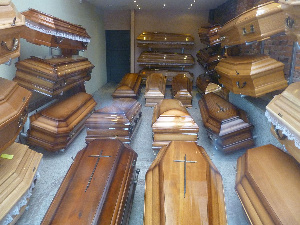Price Hikes: Ghanaians to pay more for water, electricity, fuel and cement from July 1

Ghana’s ongoing economic challenges are significantly impacting the livelihoods of consumers, businesses, and households. Among the contributing factors are the increasing water and electricity tariffs, which have been a long-standing concern and topic of debate.
The government justifies these tariff hikes as necessary to cover operational costs, meet financial obligations, maintain infrastructure, and ensure service sustainability. However, consumers have varied opinions on these reasons, but the hikes continue, with the Public Utilities and Regulatory Commission (PURC) leading the announcements.
Beginning July 1, 2024, Ghanaians will face increased costs for various commodities and utilities, including water, electricity, cement, and fuel.
GhanaWeb Business provides an overview of the new price hikes.
Water and Electricity
Ghanaian households and industries will face higher utility tariffs for both water and electricity. This hike was earlier announced by the Public Utilities Regulatory Commission (PURC) in their second-quarter review.
According to the PURC, electricity tariffs for lifeline consumers using -30 kWh will go up by 3.45%. For residential consumers using more than 30 kWh, along with non-residential users, costs will go up by 5.84%.
Major industries in the country will face a similar hike, as industrial consumers of electricity will see their tariffs increase by 4.92%.
Simultaneously, water tariffs will increase by 5.16% across all customer categories during this period, in line with adjustments that form part of Ghana’s Quarterly Tariff Review Mechanism.
The PURC mentioned that the change will take effect from July 1, 2024, to September 2024, marking a phase of increased operational costs for water and electricity consumers across the board.
Cement
In the first half of the year, Ghana has experienced a significant increase in cement prices. This development has impacted a key sector of the economy: construction, which often relies on the commodity.
Market leaders such as Ghacem, Dzata Cement, Diamond Cement, among others, have cited escalating costs of transportation, electricity, and raw materials as primary reasons for the price hikes.
In May this year, cement prices rose by GH¢10.00 to sell around GH¢95 per bag (32.5R) at some depots in the country. This surge has already affected construction projects, thereby impacting project timelines.
But depending on where you purchase cement from July 1, a bag (32.5R) will be selling above the current price of GH¢108 based on the brand and quantity.
Meanwhile, the government through the Ministry of Trade is seeking to push ahead with the introduction of a Legislative Instrument (L.I.) that seeks to regulate prices of cement sold on the market.
Trade Minister, Kobina Tahir Hammond, insists the move has become necessary to curb arbitrary pricing and potential exploitation by cement manufacturers.
But the move has been strongly opposed by some cement manufacturers over what they say is a lack of adequate consultation by the government before seeking to push through the L.I.
Fuel
Consumers of petroleum are expected to witness a hike in pricing for the next two weeks. This reflects the first pricing window of July with petrol expected to go up by 2%.
For instance, GOIL is currently selling a litre of petrol at GH¢14.60 while diesel is going for GH¢14.75 per litre.
According to the Institute for Energy Security, price of diesel across various pumps will go up further by 4.0%, while Liquified Petroleum Gas (LPG) will increase by 5%.
The hikes have been attributed to the decline in the value of the cedi against the US dollar. The cedi is selling for around GH¢15.60 on the forex exchange market. Additionally, the US dollar has firmed up on the international oil market.
As of July 1, 2024, Brent crude futures rose 42 cents, or 0.5%, to $85.42 a barrel by 0845 GMT. U.S. West Texas Intermediate crude futures were up 44 cents, or 0.53%, at $81.97.
Source: www.ghanaweb.com





